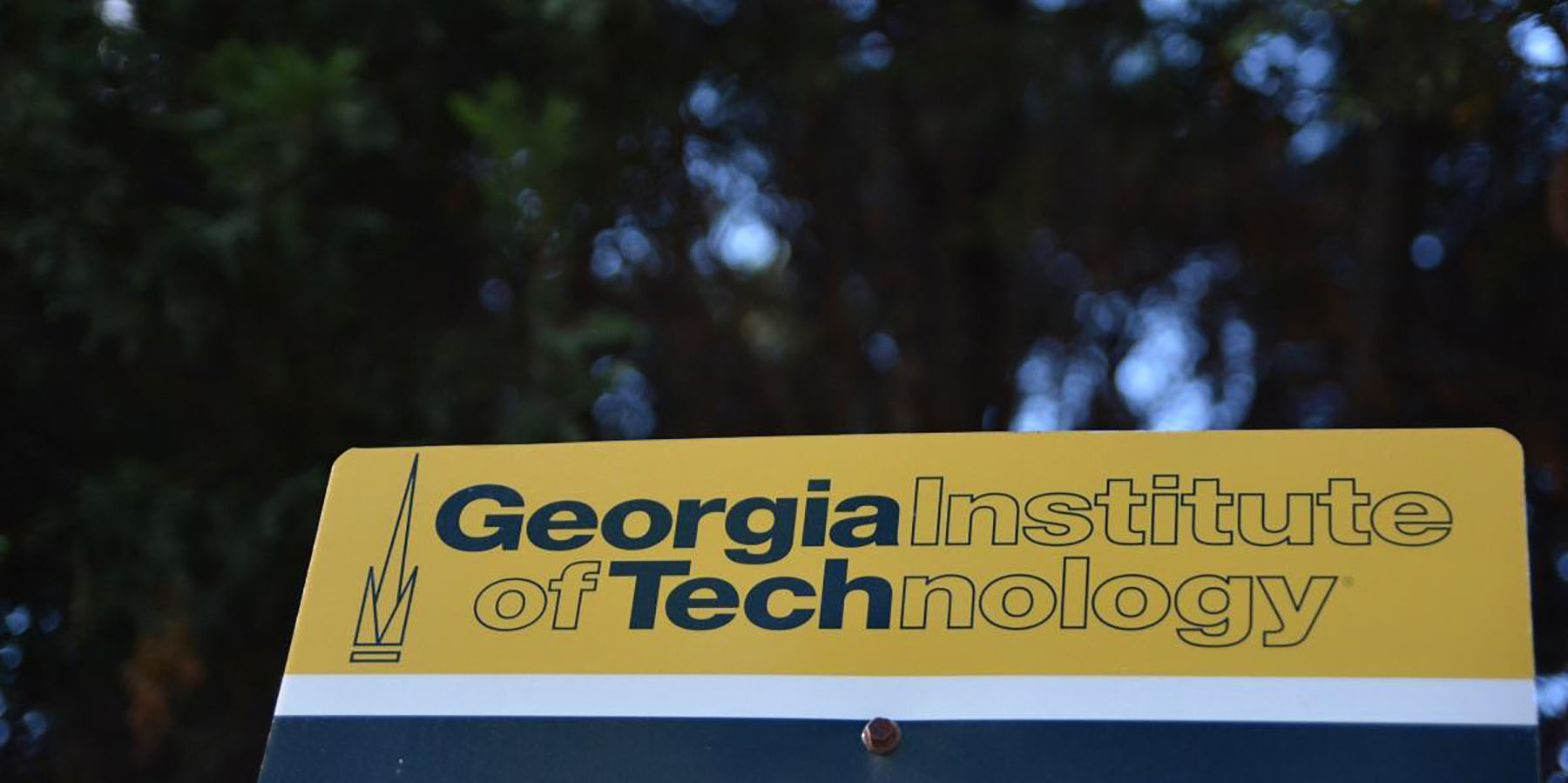Nigerian Man Convicted Of Email Scam In Atlanta

The cost of attending Georgia’s public universities and colleges, such as will remain mostly flat in the 2023-2024 academic year.
Alison Guillory / WABE
A cybercriminal from Nigeria is scheduled for sentencing later this year after being found guilty of trying to steal up to $6,000,000 through an email phishing scam by a federal grand jury in Atlanta.
Olayinka Olaniyi and Damilola Solomon Ibiwoye targeted more than two dozen U.S. colleges and universities including Georgia Tech.
They were arrested in 2015 in Kuala Lampur, Malaysia, which is where they were both living at the time. They were extradited to Atlanta and indicted on charges of conspiracy to commit wire fraud, computer fraud and aggravated identity theft in November of 2016.
Phishing Campaign
Olaniyi and Ibiwoye directed phishing emails to college and university employees.
They stole logins and passwords of employees who clicked on the links in their emails and used that to log into employee payroll systems. Once there, they changed the bank account paychecks deposited into and accessed employee W-2 tax forms. They used the W-2 forms to file fraudulent tax forms.
John Horn with the law firm King & Spalding was U.S. Attorney of the Northern District of Georgia at the time they were indicted.
“What this case shows is that law enforcement is successful from time to time in identifying the people from overseas that are filling up your email box with all of these viruses,” Horn said. “In addition to some of the monumental worldwide hacks that involve millions of records, you also have phishing and spear phishing emails that are just a constant nuisance. It just shows that law enforcement is working to identify the people behind it and not only just identify them but also to charge them and convict them here in the United States.”
Cyber Crime Unit
After extraditing the Nigerian men from Malaysia to Atlanta, Horn formally announced the creation of a cybercrime unit within the Atlanta U.S. Attorney’s Office Criminal Division in 2016.
Horn said his office had already been working with the FBI and Secret Service on national cybercrime cases such as the WorldPay (formerly RBS WorldPay) data breach in 2008 when mostly Russian cybercriminals stole more than $9 million from 2,100 ATMs in about 12 hours.
“We had so many of these national level cases and had developed a high level expertise in working cybercrime cases that we felt that it was important to create a dedicated unit. We also had the luxury of having two highly skilled offices from both FBI and Secret Service that were investigating some of the pre-eminent cybercrime cases in the country,” Horn said. “So with those combination of circumstances really allowed us to put the U.S. attorney’s office on the map in terms of prosecuting cybercrime cases.”
Horn noted Atlanta’s location as a financial technology hub also factored into the decision to create a unit here.
“Having the financial technology industry right here in our backyard helps because the financial transactions always underlie the criminal acts,” Horn said. “And you can you can trace the money you can have it flowing through the servers here in Atlanta.”
Olaniyi and co-defendant Damilola Solomon Ibiwoye attempted to profit by filing false tax returns. Olaniyi is scheduled for sentencing on October 22. Ibiwoye was sentenced to three years and three months in prison followed by three years of supervised release.
“You have the investigators collecting evidence from around the world and the ability to prosecute them with experienced prosecutors here in federal courts right here in Atlanta, that’s the primary combination that encouraged the formation of the unit and I think it’s been incredibly successful,” Horn said. “The number of preeminent cases that were prosecuted here and continue to be prosecuted here makes us one of the top cybercrime districts in the country.”








